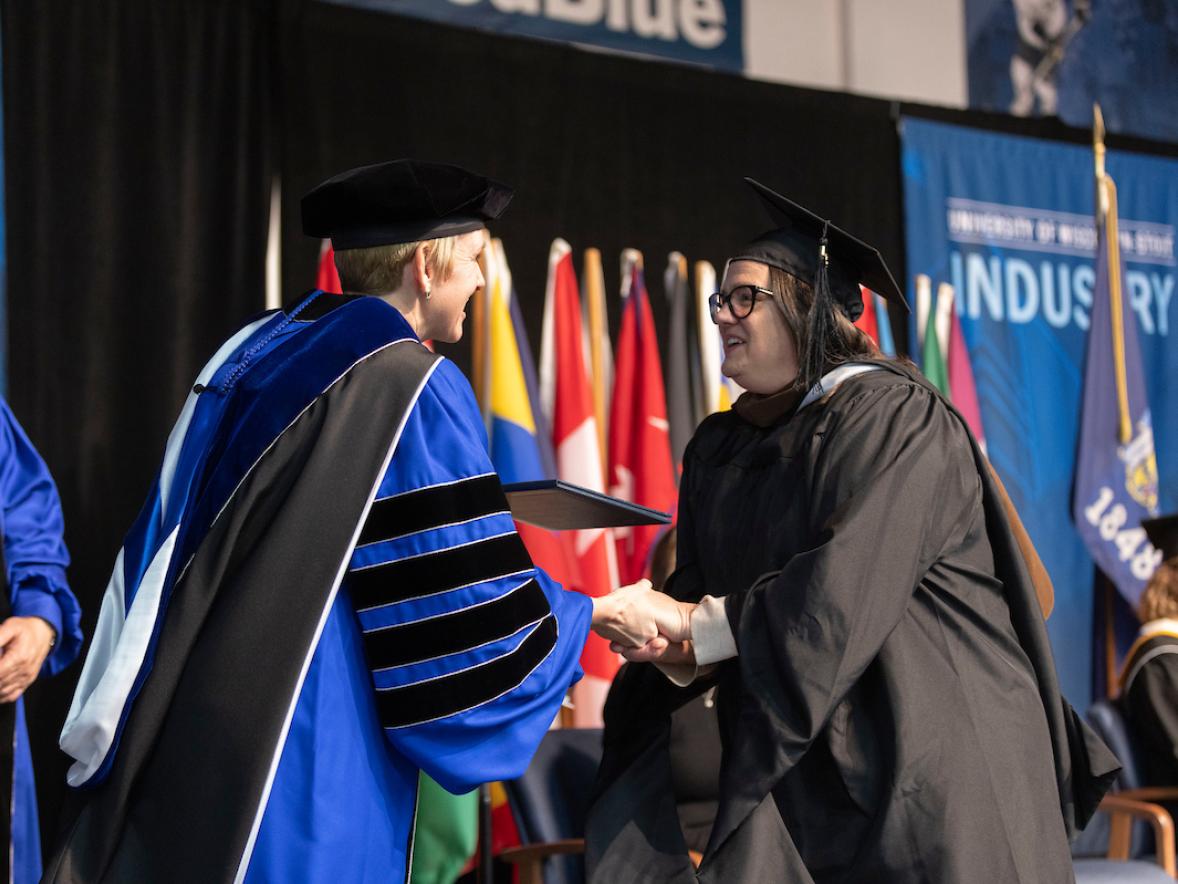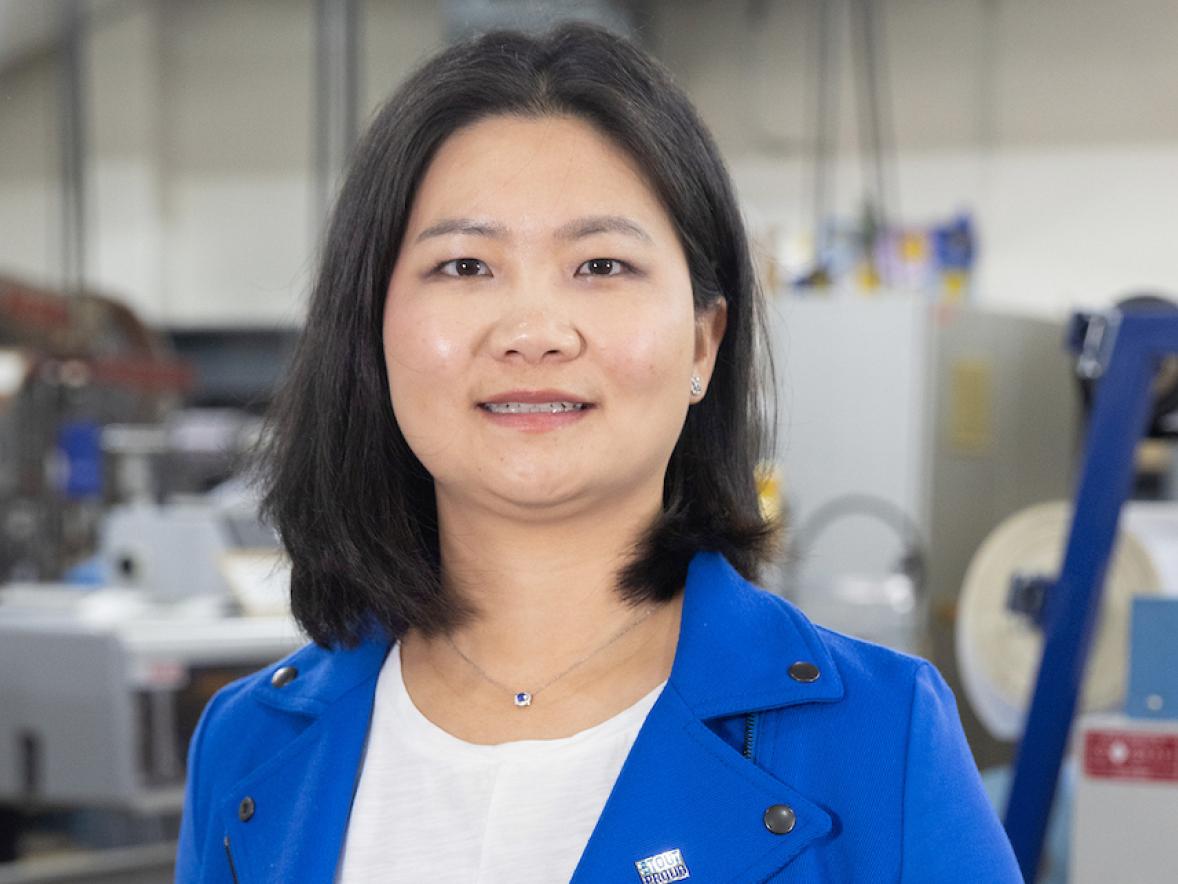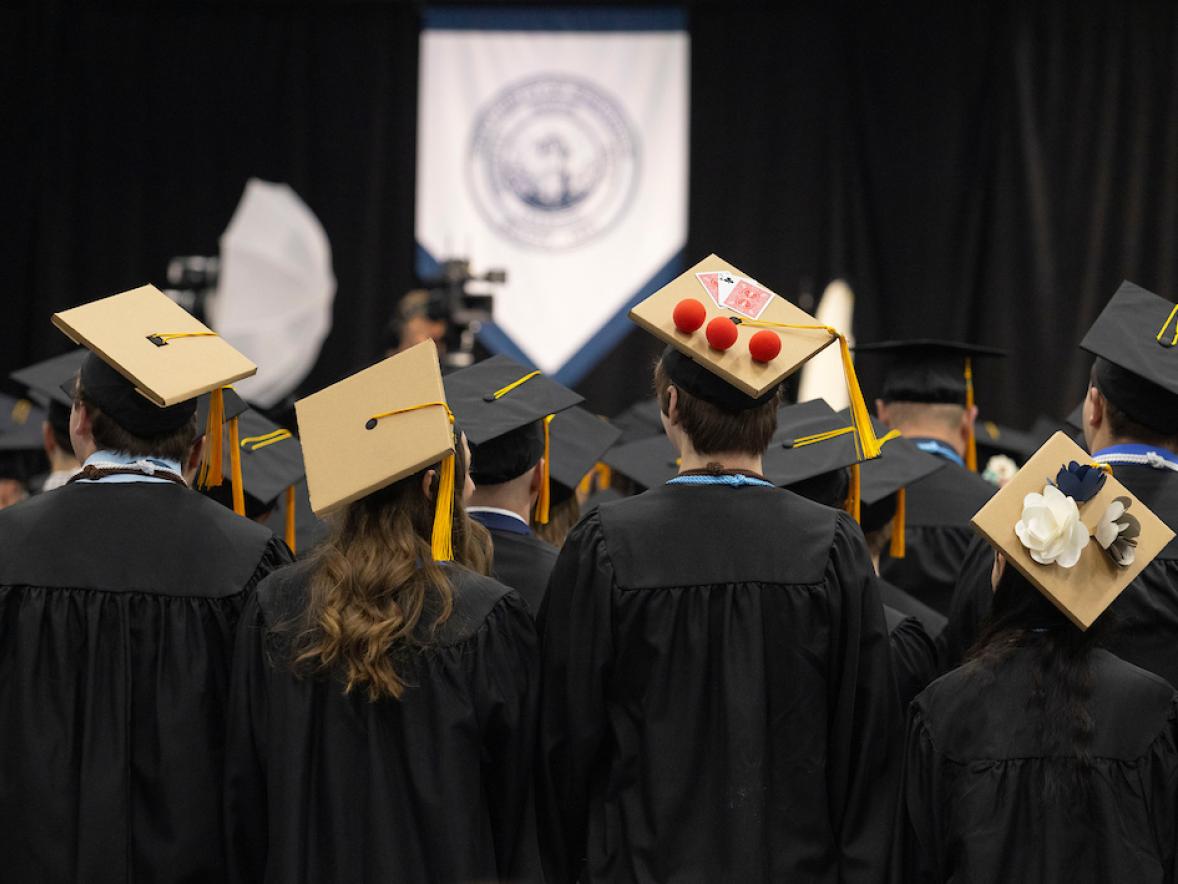Change is part of the fabric that drives the dynamic fashion design and retail industries.
That’s why the new Bachelor of Science in fashion and retail at University of Wisconsin-Stout will focus on emerging trends to ensure graduates are career-ready and prepared to have an immediate impact with their skills.
Recently, for example, a student’s knowledge about 3D digital fitting helped her land a job in the apparel industry right after graduation, said interim program director Belinda Banike.
Clothing now can be conceived and sized in the design lab using a computer, rather than just on a mannequin, although UW-Stout still uses the latter teaching method as well.
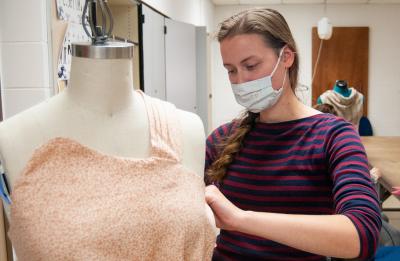
The student was ahead of the industry curve, and thus in demand, when she graduated.
“Digital fitting helps speed up the design process, and you can see different design perspectives,” Banike said. “A lot of companies are slow to adapt, so having college graduates go in and help implement new technology is really important.”
The fashion and retail program, with an advisory committee made up of industry professionals, merges two previous programs at UW-Stout, the apparel design and development program; and the retail merchandising and management program.
Students can choose from three concentrations, depending on their career interests:
- Fashion design and development
- Fashion marketing
- Retail analytics.
The program focus throughout is the fashion industry, and graduates will be trained to work in a variety of roles within the fashion and retail sector, which has been undergoing major changes in recent years with the emergence of online shopping.
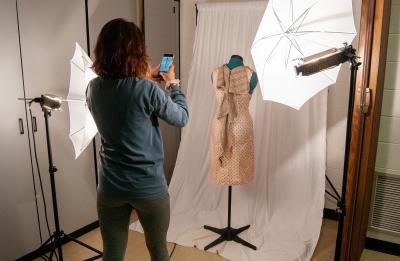
“We want to make sure we’re adjusting our curriculum with industry changes. There are still a lot of job opportunities in retail. They just have a stronger focus on ecommerce. Retail is not dying; it’s just changing.”
New and improved program
Banike, a 2010 UW-Stout apparel design graduate, has worked at Target Corp. in Minneapolis as a clothing designer and fabric developer. She believes the program’s new name more accurately reflects what is being taught.
“When I told people I graduated in apparel design and development, I’d get a blank stare. Then I’d say ‘fashion design’ and they would get it,” Banike said, noting that students create their own line of clothing for a senior project and show them at the annual WEAR Fashion Show on campus. The spring 2020 show was presented virtually because of the COVID-19 pandemic.
“Along with the name we’ve revised the program, adding some really great classes and updating others,” Banike said.
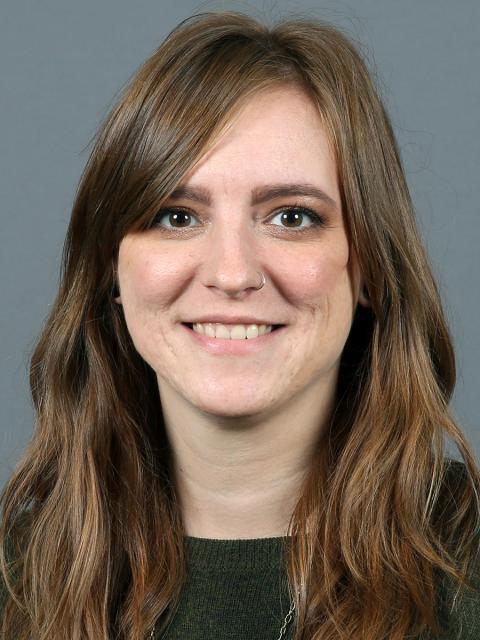
Classes cover areas such as merchandise planning, product sourcing, social media marketing and market research, as well as coursework on visual merchandising, apparel construction, textile pattern structures and garment engineering and manufacturing.
An expanded focus in the new program is sustainability, especially reducing material waste in the fashion industry. Many students in the program take UW-Stout’s sustainability minor, Banike said.
Prepared for success; updated labs
Along with liberal arts foundation courses, the program is part of UW-Stout’s School of Management, and graduates are prepared to compete for management positions in industry. Students are required to have two co-ops or internships.
While fashion and retail are trending toward digital and online, the fashion design and development concentration still will have plenty of applied learning. For example, students use a testing lab to burn, rip and conduct other tests on fabrics.
“We don’t have a lot of (traditional) tests in the fashion design classes. We do a lot of projects. Students are physically making things,” Banike said.
“If you have an idea and can physically make it, there’s something so gratifying seeing it come to fruition. They are so proud of what they do in those classes,” Banike said.
The State Building Commission recently approved $3 million for renovations to the program’s labs, one in Fryklund Hall and one in the Communication Technologies Building. They will be ready for fall 2021.
Banike said the “maker spaces will be more flexible and versatile then our current spaces. I think they will be great new spaces for students to work in.”
###





